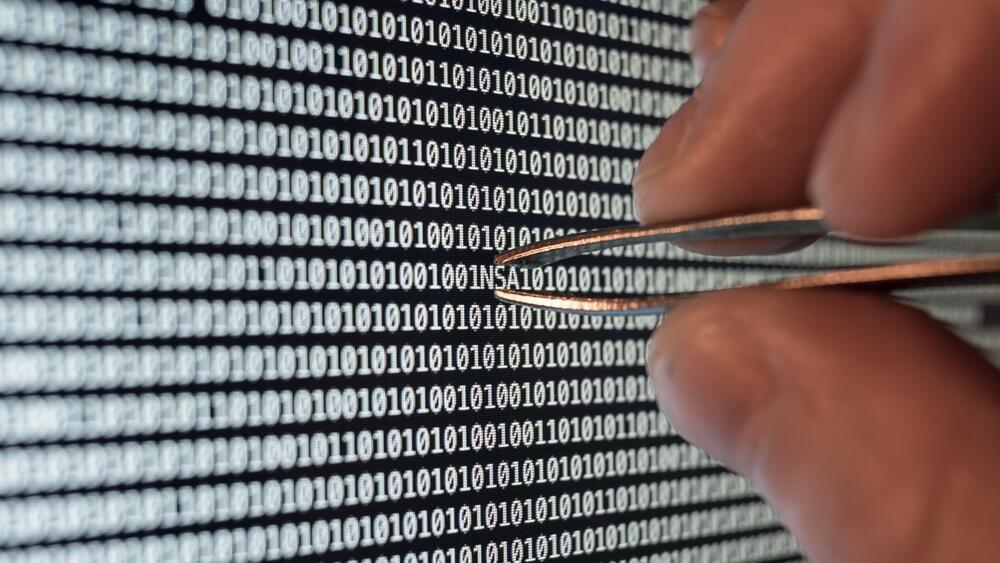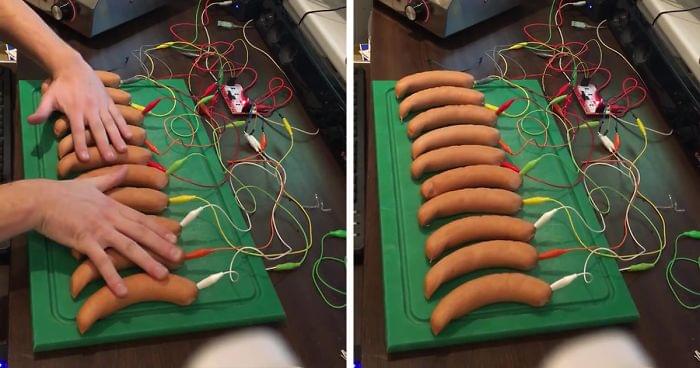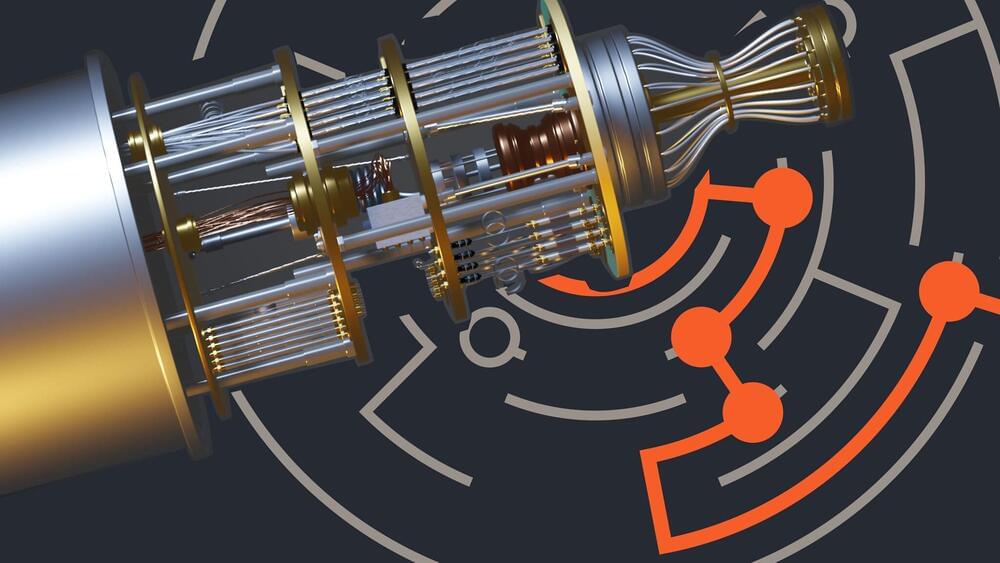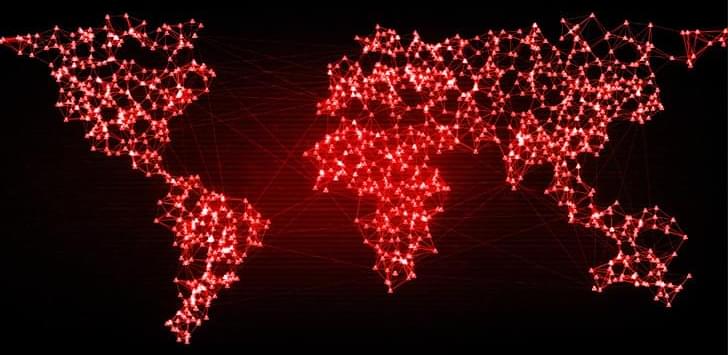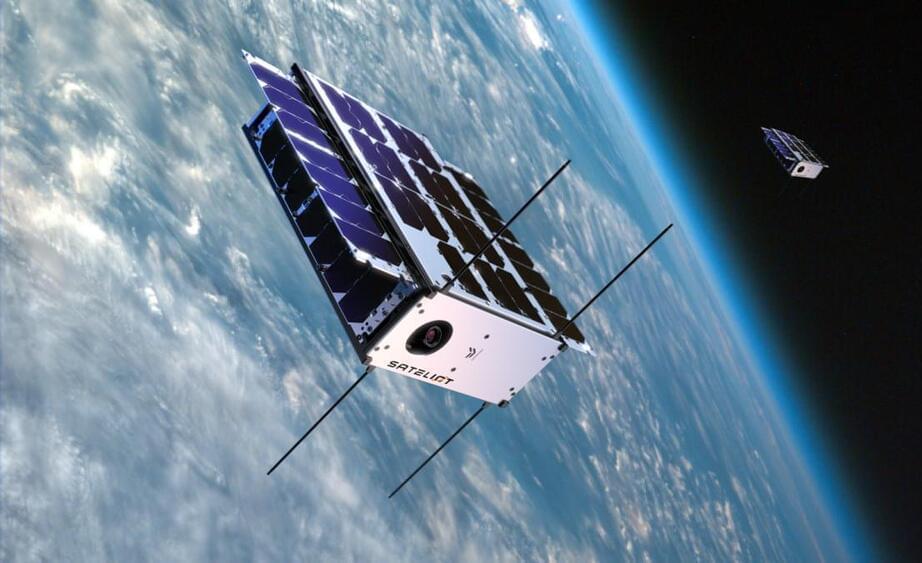This is really for the general public — and for people new to fusion. I gave a 20 minute talk** to a local group in Pittsburgh. We decided to record the audio, and put it out on the web for other people to enjoy. The top Ten things you should know about fusion are:
10. We have Been Doing It For Years.
9. We Know How To Make It Work.
8. You Can Do Fusion At Home.
7. The US Really Funded Fusion For about 15 year.
6. There Is More Than One Method.
5. Fusion Startups Are Real.
4. We Need A Pipeline.
3. China Is Taking An Interest.
2. Superconductors Are Game Changers.
1. Climate Change Is Not Waiting.
** Edits:
1. When I say 8, I meant 9
2. To clarify: ENN is investing ~10 million to built a duplicate of Dr. Cohens’ machine over in China. They’ve staffed up over there.

